Switching from “pre-audit” to “post-audit”, special investment procedures are being designed according to the principle of quickly implementing projects and quickly producing products. However, the pressure of post-audit is still quite large.
Switching from “pre-audit” to “post-audit”, special investment procedures are being designed according to the principle of quickly implementing projects and quickly producing products. However, the pressure of post-audit is still quite large.
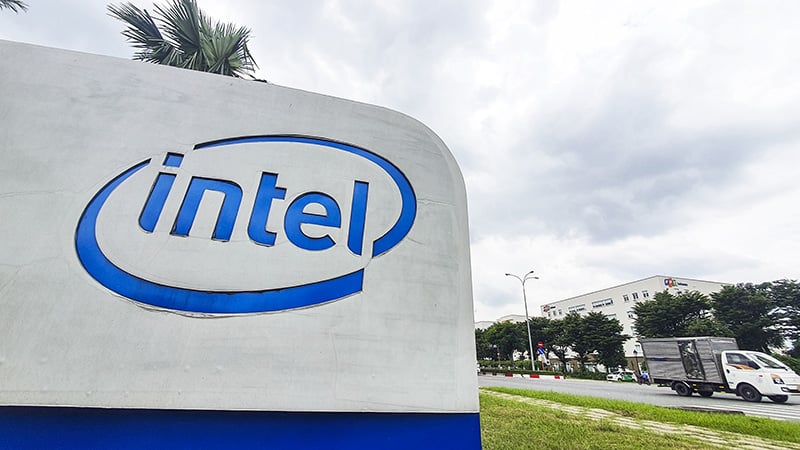 |
| Applying special investment procedures will help speed up project implementation. In photo: Intel factory in Ho Chi Minh City High-Tech Park. Photo: Le Toan |
Greenway design
According to the Draft Decree detailing the Investment Law on special investment procedures, from January 15, 2025, investors can register for investment under special investment procedures. This Decree is developed to implement Clause 12, Article 36a of the Investment Law (amended and supplemented by Law No. 57/2024/QH15 amending and supplementing a number of articles of the Planning Law, Investment Law, Public-Private Partnership Investment Law and Bidding Law).
In the application for an investment registration certificate under this procedure, the investor must have a written commitment to perform a series of contents.
First, the conditions, standards and regulations according to the provisions of law on construction, environmental protection, fire prevention and fighting.
Second, assess the suitability of the investment project with the conditions, standards and regulations specified in Point a of this Clause.
Third, commitment to meet the conditions, standards and regulations specified in Point a of this Clause and the investor's responsibility in case of failure to properly implement the commitment.
Investors will have to self-identify, forecast environmental impacts and measures to minimize negative environmental impacts in the project implementation proposal. The contents that need to be clarified include construction items and activities of the investment project that are likely to have negative impacts on the environment; main environmental impacts, waste generated during the stages of the investment project on the environment; scale and nature of waste; possible environmental incidents of the investment project; works, measures for collection, storage, and treatment of waste...
Along with that, measures to minimize other negative impacts of investment projects on the environment; environmental improvement and restoration plans (if any); and environmental incident prevention and response plans are also contents that need to be clarified, in addition to the environmental management and monitoring program.
It is worth noting that, if the investor proposes an investment project similar to a project already implemented in Vietnam or abroad, the investor can submit approved documents and records of that project instead of the investment project proposal. However, this record must contain all required contents.
Thus, investors only need to submit one set of application documents for an investment registration certificate to the Management Board of industrial parks, export processing zones, high-tech zones, and economic zones. Within 15 days from the date of receiving the application, the Management Board must complete the application evaluation and issue the investment registration certificate.
What is the post-audit responsibility?
Compared to the current process, the project implementation time will be shortened by about 260 days, this is what Mr. Quang Van Viet Cuong, Deputy General Director of the Industrial Investment and Development Corporation (Becamex IDC) was most interested in when reading the Draft.
“From the perspective of infrastructure investors and secondary investors, we are very excited. Because when Law 57/2024/QH15 is issued, we do not know to what extent it is special. We just hope that ministries, branches, especially the Management Boards of industrial parks and export processing zones do not... tie it up,” Mr. Cuong frankly said.
 Compared to the current process, with the special investment procedure, the project implementation time will be shortened by about 260 days. This is something that investors are looking forward to.
Compared to the current process, with the special investment procedure, the project implementation time will be shortened by about 260 days. This is something that investors are looking forward to. 
Previously, Mr. Cuong and a number of infrastructure investment enterprises heard many concerns from many Management Boards about the role and responsibility of "post-audit" of the Management Board with projects implemented under special investment procedures.
According to the Draft, the Management Boards will be responsible for monitoring, evaluating, detecting and notifying investors of issues arising during the implementation of investment projects according to the investment registration certificate and the investor's commitment.
This agency will also have to inspect and supervise the project implementation according to the investment registration certificate and the investor's commitment; resolve within its authority or notify the competent state agency to promptly resolve any issues arising during the process of deploying and implementing the investment project...
However, the question that many Management Boards ask is whether there is a need for opinions or documents when receiving documents. Especially, in the case of receiving documents of similar projects that have been approved.
"When receiving this application, will the Management Board consider anything, because Vietnam's standards and criteria may be different from other countries?", asked Ms. Duong Xuan Nuong, Deputy Head of the Dong Nai Industrial Park Management Board.
This is the reason why the Management Boards propose to have additional forms to ensure the post-audit requirements of state management agencies, but not make it difficult for investors.
It must be reiterated that the special investment procedures are new, groundbreaking regulations, applied to investment projects in the fields of semiconductor industry, high technology... in industrial parks, export processing zones, high-tech zones and economic zones. Mr. Cuong said that most investors are fully aware of their responsibility to comply with the laws of the host country and have a team of professional legal consultants.
Mr. Cuong and some Industrial Park Management Boards proposed to clarify the case of projects with large land area requirements, without land funds to meet the immediate demand, but need to locally adjust the subdivisions in industrial parks, export processing zones... to meet the requirements. In fact, when determining the investment location, investors in this category often have researched, surveyed and considered carefully, so it is difficult to mobilize and move.
“In this case, if the infrastructure investor is proactive in adjusting the local planning according to the principle of ensuring the common coefficients and criteria of the area, it will be more favorable. Because the goal of the green channel investment procedure is for the investor to quickly launch the product,” Mr. Cuong suggested.
Currently, the Draft is providing 2 options for assessing the suitability of the project.
Option 1 is to assess the project's conformity with the zoning plan of industrial parks, export processing zones, high-tech zones, concentrated information technology zones and free trade zones.
Option 2 is to assess the project's conformity with the zoning plan or detailed plan of the industrial park, export processing zone, high-tech park, concentrated information technology park, free trade zone and functional area in the economic zone approved or effective according to the provisions of law on urban and rural planning.
Many opinions suggest choosing option 1. In addition, there are still some concerns about the subjects applying the green channel, when in reality many projects have many goals, how will it be considered, to avoid the case where the high-tech investment rate is lower than other goals.
Source: https://baodautu.vn/duong-di-cua-thu-tuc-dau-tu-dac-biet-d233016.html










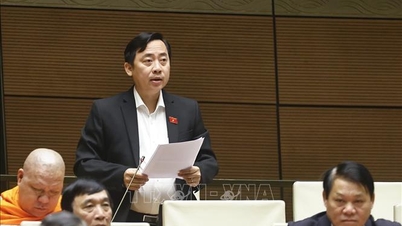



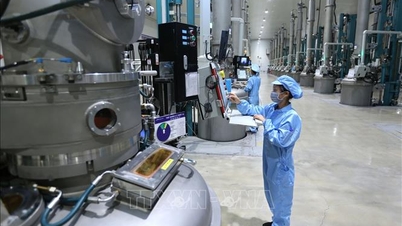




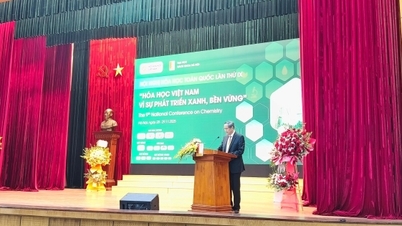


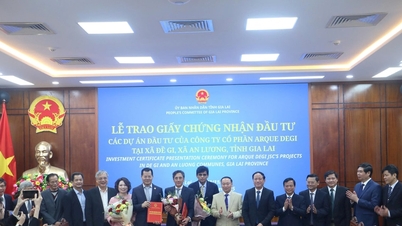


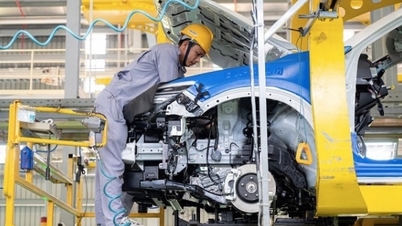
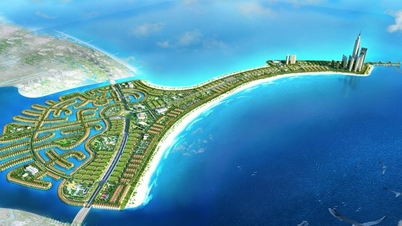







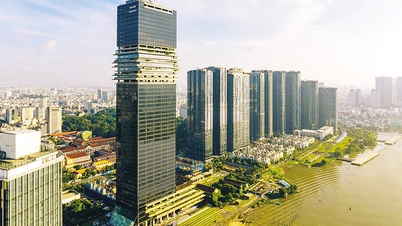
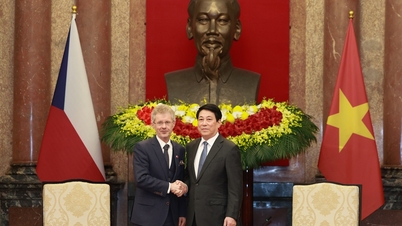
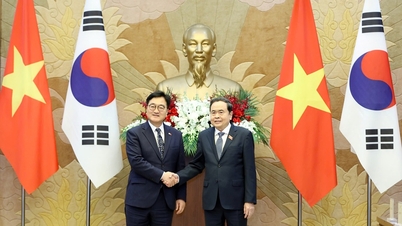


































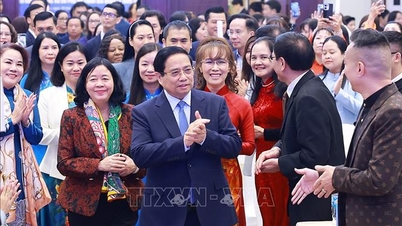
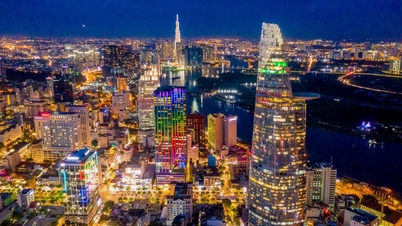



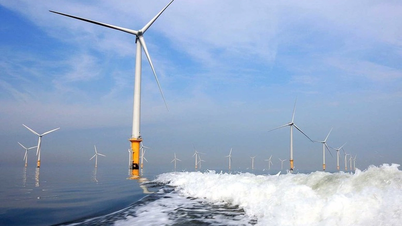



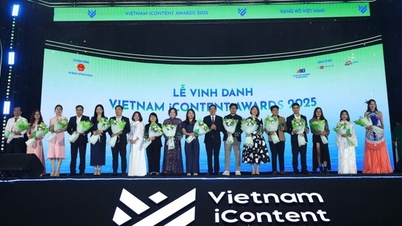
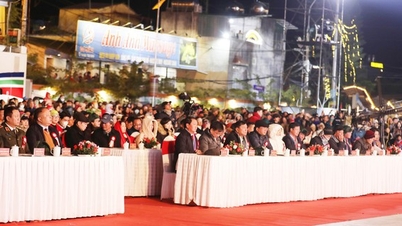
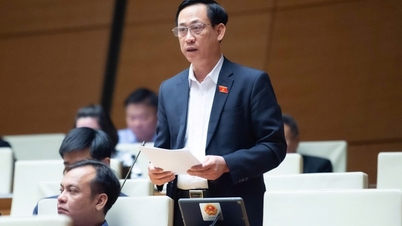
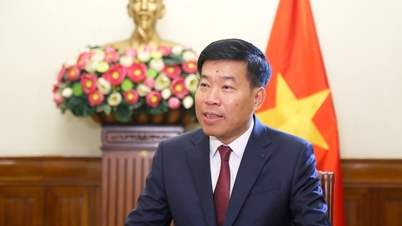




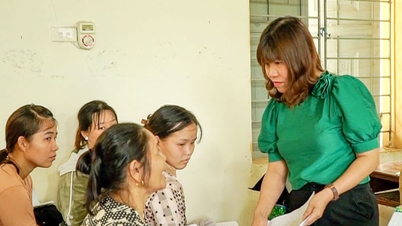





















Comment (0)